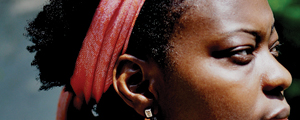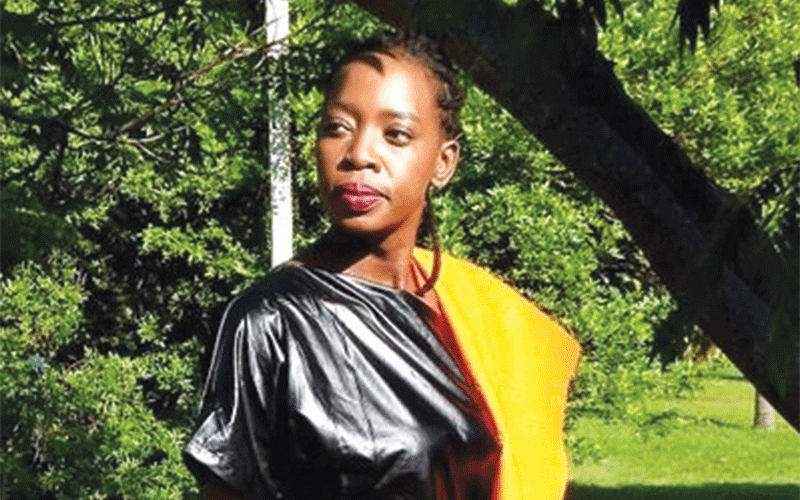
A COUPLE of weeks ago, I was invited to an event called Bridging The Gap in the next State, about an hour away.
My Diaspora Diary with Rumbi Munochiveyi
Just reading the organisation’s Facebook page, I was intrigued. Bridging The Gap is an initiative, an event, where Zimbabwean mothers and daughters around New England come together and discuss all sorts of issues affecting their relationships.
I am newly a “mother of a daughter”, having had three boys in a row (talk about try, try, and try again), and I have really started thinking a lot about my relationship with her, especially as the sweet cuddly days shall quickly melt into pre-teen and teenage days.
For this day, I was glad to leave her with her dad.
(As I left, she cried for me, and I took my lip-gloss and spread a little on her lips, and that sealed the deal.)
I hitched a ride with three friends headed for the same event. When we arrived our host had prepared an amazing array of all sorts of eats, so we ate first, enjoying the warm weather and blocking the harsh sun rays by sitting in a tent she had pitched outside.
There were a few mothers, several teenage girls and young ladies just about twenty, and some in their early twenties.
- Chamisa under fire over US$120K donation
- Mavhunga puts DeMbare into Chibuku quarterfinals
- Pension funds bet on Cabora Bassa oilfields
- Councils defy govt fire tender directive
Keep Reading
As we ate, we started our discussions. The day’s topic was Managing Love Relationships And Books in College.
We deliberately left the young high scholars out of this conversation, as our aim is not encourage high school dating. Of course it is concerning that at times as mothers we turn a blind eye to a reality we are all aware of, but it seemed better than to endorse such young relationships.
As mothers, our main concern, which the organisers of the event clearly highlighted at the beginning, is that we are raising our daughters far away from home, removed from our culture and the influences that made us who we are.
We are creatively trying to navigate our new homes, familial and parental structures, and a foreign culture, all of them systems that are bringing conflict to our strategies on how to raise our daughters and relate with them.
We have come to understand that we can no longer ignore the fact that these girls have an American influence on them and enforcing structures that our mothers used, exclusively, is not going to work.
The girls were very passionate about the topic. They told us they wanted to be treated as thinking adults and not to as though they were still elementary school girls.
Right from the start, one could clearly tell that their world view was becoming very different from ours, somewhat Americanised, and yet you could still hear the strong Zimbabweanness coming out in their reservations about what we all agreed are rather extremes, and yet are a very normal thing in America.
An example was the co-habiting issue that they say is quite common in their college settings and yet they vehemently spoke against it. One mother advised the young ladies against spending too much time with a guy. She told them; only married people are answerable to each other about all their whereabouts and spend all their free time together.
But the young ladies quickly rose to say some of them were study buddies with their boyfriends and for that reason, spend most of their time together.
Whilst we, the mothers, emphasised our reservations on this, the girls assured us that it works perfectly well for them, and that they understand, without a doubt, that school is more important and excellence is all they want.
And this brought us to the issue of how we were socialised, as some of us professed to growing up in a Zimbabwe where young girls were discouraged from having male friends, and hence, even at a later stage in life, it was difficult to cultivate the purely friendship side of a romantic relationship.
And right away someone interestingly noted that, much as dating may be distracting in college, we also have to remember that this may be the best setting to meet future husbands. This became a hot debating point, as one would expect. The girls were definitely not looking for husbands, they told us, which was also quite interesting, as in their mothers’ generation, back in Zimbabwe, young women did not get into serious relationships for fun.
Relationships at such an age were mainly aimed at one thing, marriage. The girls laughed a lot as they learned more about their mothers’ dating years and relationship expectations. It was a true bonding experience, communal bonding. We talked about a lot more, that I would not be able to cover in this piece, but what is important is that I left the place rethinking my relationships with all my children. I thought deeply about it and realised the trick may be to start communicating in a more efficient way now, openly teaching them how to respect each other’s views, to be able to disagree without aggravating issues, without losing or killing a part of our relationship, and to always remember that love is what binds these relationships and should also guide how we argue our differences.
I cannot wait for the next Bridge The Gap lunch. From the diary of a scared mother of four*











